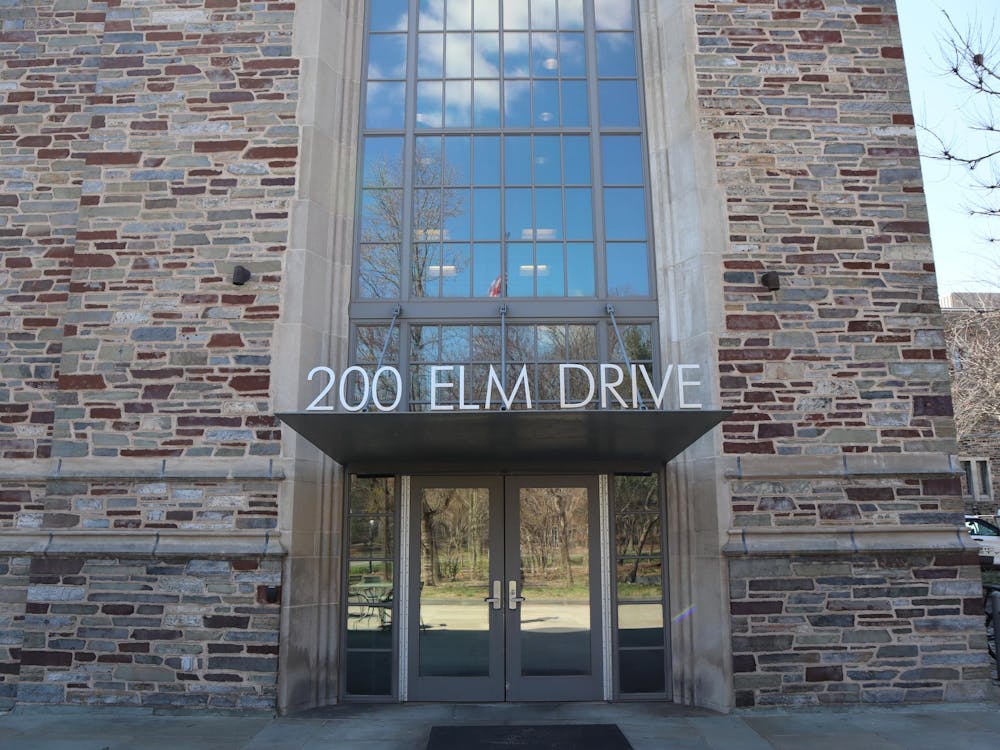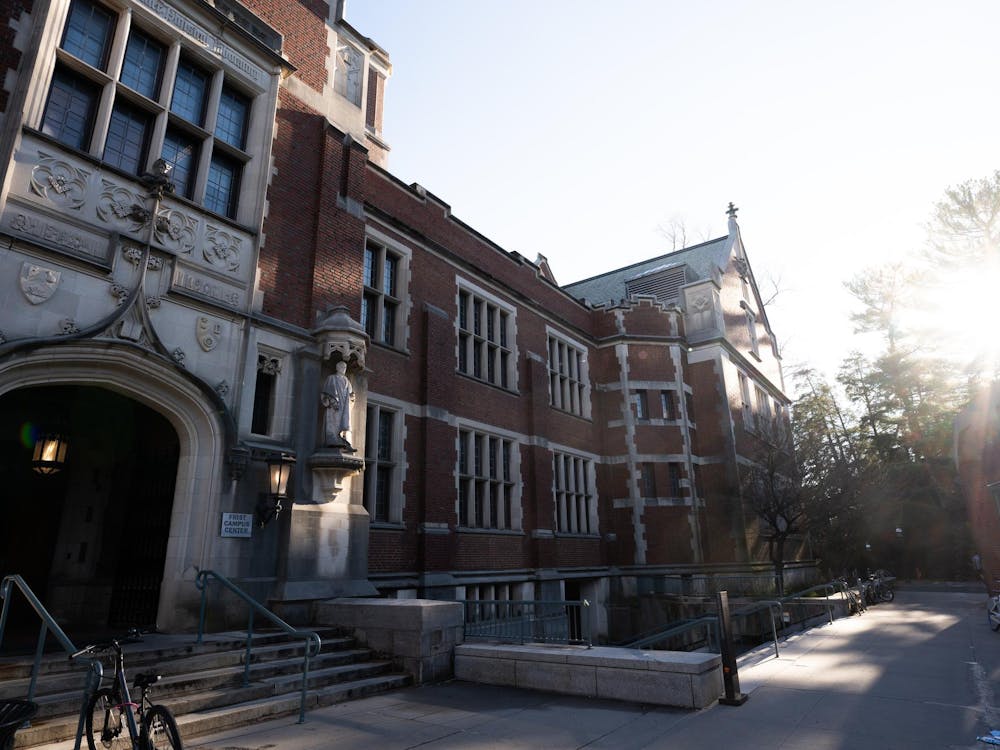The University is in the early stages of applying for reaccreditation by the Middle States Commission on Higher Education, a process that — though unlikely to result in de-accreditation — offers the University a chance to reassess its institutional mission and priorities. The University will receive the results of the evaluation in June 2014.
In the past, University President Shirley Tilghman expressed disbelief that the Ivy League school would be de-accredited. In a November speech titled “The Uses and Misuses of Accreditation,” Tilghman noted that a speaker at a recent meeting who was reviewing the reaccreditation process said, “that the likelihood of Princeton being de-accredited was equivalent to the likelihood of our winning the BCS National Football Championship.”
“All I can say is that our football coach is feeling pretty perky these days,” Tilghman added in the speech.
Tilghman said in the speech that while she sees the value in the University reasserting its mission, the current process of reaccreditation is time-consuming, costly and sets a narrow definition of University excellence.
Deputy Dean of the College Clayton Marsh ’85 and German professor Michael Jennings were chosen by Tilghman to co-chair the six-person steering committee for the current reaccreditation process. The co-chairs, along with Tilghman, University Provost Christopher Eisgruber ’83 and Dean of the Faculty David Dobkin, appointed the rest of the members of the steering committee.
The steering committee is currently beginning to collect information that will demonstrate the University’s compliance with Middle States’ standards for university operation.
There are a number of working groups that have been set up to evaluate the University’s current affairs and plans for the future. A student working group made up of about 12 students is guided by steering committee member and computer science professor Brian Kernighan GS ’69. The working group will meet to discuss the reaccreditation process through 2014.
Kernighan is also a columnist for The Daily Princetonian.
In compiling the report, the steering committee is focusing on the University’s internationalization as well as independent work. USG vice president Stephen Stolzenberg ’13, who sits on the working group as the USG representative, said that so far its focus has been internationalization. Stolzenberg, who is majoring in German, said he and the other students sit on the working group because of their interests in foreign language and international programs.
The steering committee will broadly look at the University’s international cooperation with other universities. This includes looking at the state of current study abroad programs and considering other areas in which the University should expand. It will also be considering which current programs the University should supplement.
The last of Middle States’ 14 standards is the assessment of student learning. The steering committee plans to address this in particular by working with each of the academic departments to evaluate the independent work experience in each of the departments.
“In connection with that standard, we plan to spend considerable time addressing the role of independent work in the academic life of our undergraduates — in particular the senior thesis as a capstone of independent learning,” Marsh said.

The reaccreditation process — which happens every 10 years — began during the summer when the University submitted a self-study design document to Middle States, which was approved at the end of the summer. In October, representatives from Middle States met on campus with various members of the steering committee and working groups.
“We’re thinking about the current constitution of the curriculum and other aspects of academic life and how they reflect the role of the student and the role of Princeton in a rapidly changing world,” Jennings said.
When the University last conducted a self-study for reaccreditation in 2004, it developed recommendations in order to strengthen the role of the residential colleges. The proposal allowed juniors and seniors living in the residential colleges who were in eating clubs or preferred independent meal arrangements to receive a rebate for the meal contract that accompanies living in the colleges.
A final report will be sent to Middle States in February 2014.
“By that time we hope we will have a set of recommendations with which the administration is happy and then we can move forward from that,” Jennings said.
In March or April 2014, an evaluation team made up of members from other institutions of higher education will come to campus to evaluate the University’s performance, and Middle States will give a response to the report in June 2014.
Penn, which is in the same Middle States region, is also in the process of applying for reaccreditation.








